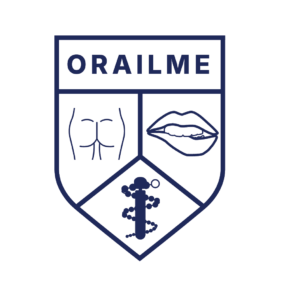Notable for his extensive work in contemporary art and AIDS education, professor Douglas Crimp was recently appointed the Fanny Knapp Allen Professor of Art history.
“Douglas Crimp is inter-nationally known as a cultural critic and AIDS activist. He is also one of the most intellectually committed and enlightening professors at the University of Rochester,” Professor and Chair of the Art and Art history department Paul Duro said. “I am delighted he has been awarded the Fanny Knapp Allen Chair of Art History in recognition of his groundbreaking work,” he added.
Before coming to Rochester in 1992, Crimp taught at Sarah Lawrence College and Cooper Union in New York. He also has been the editor of “October,” a cultural journal, which is based in New York — Crimp’s home since 1967. Crimp has been a visiting professor at Princeton, UCLA, Rutgers, the University of Michigan and others. Despite his experience teaching all over the country and his preference for New York, Crimp is pleased with his position at UR.
“This graduate program is perfect for me. There’s no job in New York like this one,” Crimp said. “The department of Visual and Cultural Studies is an incredibly hospitable place for me to teach,” he added.
This professorship is the first full-time academic appointment Crimp has held.
“There’s lots of emphasis on AIDS in my work and I continue to be interested in sexuality. I also am working to return to focus on contemporary art,” Crimp said of his academic pursuits. Crimp’s interest in artist Andy Warhol is an attempt to work with a combination of interests in queer theory and art, especially in New York City.
Crimp was appointed as a full professor here in 1996 to teach courses in art history, contemporary art, cultural studies, including courses on Andy Warhol, AIDS and Representation and modern architecture in Los Angeles, among others.
He is also known for published work including, most recently, “Melancholia and Moralism: Essays on AIDS and Queer Politics” (2002), which he wrote while at Columbia University’s Mailman School of Public Health during a yearlong Rockefeller Foundation fellowship in 2000. His essays discuss political issues surrounding the gay community and the AIDS activist struggle.
He is also notable for “AIDS Demo Graphics,” (1990) which, according to Crimp, is a history of the use of visual images in AIDS activism.
“The world today is too goal-oriented,” Crimp said of undergraduates’ attitudes towards academics. “The most important thing is to pursue intellectual interests for their own sake, not for a career path. Follow your heart and not your pocketbook.”
The professorship he assumes was created in 1980 to recognize Fanny Knapp Allen, an amateur painter and art supporter whose donations fund university scholarships, according to “Currents.”
Yunis can be reached at tyunis@campustimes.org.

